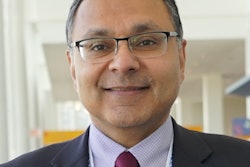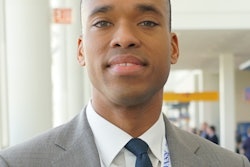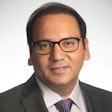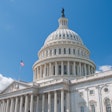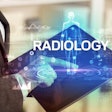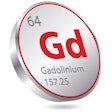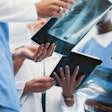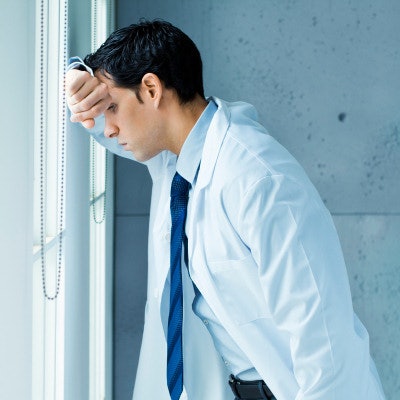
More than half of radiology practice leaders report that burnout continues to be a very significant problem among the radiologists in their group, according to a study published online August 6 in the Journal of the American College of Radiology.
The results confirm that burnout among radiologists must be addressed, stated a team led by Dr. Jay Parikh of the University of Texas MD Anderson Cancer Center in Houston.
"According to practice leaders, radiologist burnout is a prevalent issue. ... Overall, 55% of practice leader respondents reported that burnout was a very significant problem, and 22% reported that burnout was a significant problem," the group wrote.
Recent radiologist surveys have reported burnout prevalence of more than 50%. But these studies may inflate burnout rates because they focus on radiologists rather than practice leaders, according to the authors.
"These types of studies ... are potentially prone to selection bias, as responding radiologists may be more likely to be burned out or transiently burnt out at the time of the survey, which can artificially elevate the rate of true burnout," the group explained. "The purpose of this study was to investigate the prevalence and severity of radiologist burnout as perceived by practice leaders. This perspective inherently implies radiologist burnout has escalated enough to reach a critical level affecting the practice and being noticed by leadership."
The study used data from the American College of Radiology's (ACR) 2018 Commission on Human Resources Workforce Survey, which included questions regarding radiologist burnout using Likert scales (somewhat significant, significant, or very significant). For this survey, 367 of 1,588 radiology practice group leaders responded, for a rate of 23%.
Of the practice leaders who participated in the survey, 71% stated that stress from workplace factors very significantly affected the wellness of their radiologists, and 36% reported that personal or social factors affected employee wellness.
Unfortunately, only 19% of survey participants stated that their practices had tools in place to assess and address burnout, and only 21% stated that these tools were effective. Parikh and colleagues also found the following:
- The proportion of practice leaders reporting very significant rates of burnout was 37% in practices of five or fewer radiologists but 71% in practices with more than 50 radiologists.
- Burnout was more prevalent in academic practices (84%) than in hospital practices (77%); academic practices had more mechanisms to assess burnout than hospital practices (42% versus 18%).
- No significant variation in burnout prevalence by geographical region was noted.
"Radiologist burnout as perceived by practice leaders continues to be a significant profession issue," the group concluded. "To address this ... the ACR has developed the Radiologist Well-Being Program to provide a diverse range of resources for practice leaders and their radiologists across all practice types."







